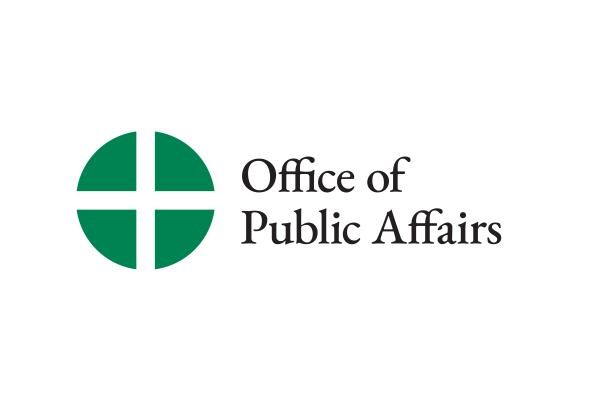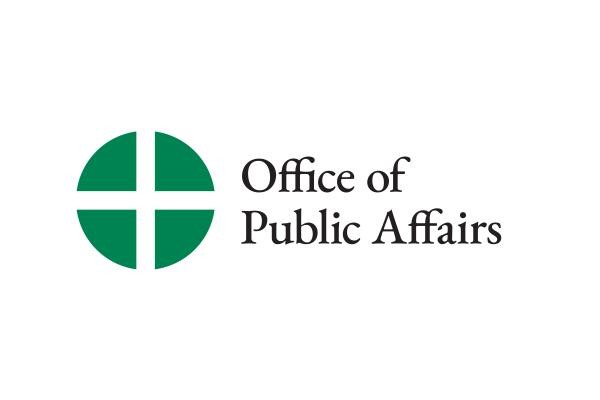U.S. Catholic Officials Issue Statement Concerning Shoah Document
WASHINGTON -- Cardinal William Keeler, Episcopal Moderator for Catholic-Jewish Relations of the Bishops Secretariat for Ecumenical and Interreligious Affairs, and Dr. Eugene Fisher, Associate Director of the Secretariat, issued a statement on the Holy See's document "We Remember: Reflections on the
WASHINGTON -- Cardinal William Keeler, Episcopal Moderator for Catholic-Jewish Relations of the Bishops Secretariat for Ecumenical and Interreligious Affairs, and Dr. Eugene Fisher, Associate Director of the Secretariat, issued a statement on the Holy See's document "We Remember: Reflections on the Shoah."
Statement on the Holy See's Document,"We Remember: Reflections on the Shoah"
American Catholics will welcome the Statement on the Holocaust issued earlier today by the Holy See's Commission for Religious Relations with the Jews. Addressed to the universal Church, it will provide a significant resource and guide for us in the United States in our own ongoing efforts to grapple with the enormity of the evil of the Shoah and its implications for all Christians today.
The document directs us to contemplate what was done and was not done byChristians in those terrible years, and over the centuries leading up to them. It properly expresses the Church's sense of repentance for the failures of that long and complex history. It presents us as well with the record of the righteous who did try to save Jews against all odds and at the risk of their lives.
This twin focus, repentance for the past and hope for the future, challenges Catholics in the U.S. in many ways. First, we must commit ourresources, our historians, sociologists, theologians and other scholars, as the document mandates, to study together with their Jewish counterparts all the evidence with a view to a healing of memories, a reconciliation of history.
Second, we must look at the implications of this document for our educational programs, its opportunities for rethinking old categories aswell as probing the most difficult areas of moral thought. To take the Holocaust seriously is to look back at centuries of Christian misunderstandings both of Judaism and of the New Testament itself, as the text emphasizes, and seek to replace them with more accurate appreciations of both. How shall we embody what this statement calls us to do in our classrooms and from our pulpits?
However we answer these questions we will inevitably be moved to a more profound understanding of ourselves and of our future dialogue with the Jewish people.
Finally, in the short run, the statement will be a valuable resource in developing the themes of repentance and interreligious relations in the last year before the Millennium/Jubilee Year. Pope John Paul II has called the Twentieth Century "the Century of the Shoah." Sincere, contrite reflection and meditation on the Holocaust by Christians, especially in the presence of their Jewish neighbors, can embed our commemorations of the turning of the Millennium in a realistic awarenessof the nature of evil, and impel us to stand together with the Jewish People to witness to One God who calls to us.
William Cardinal Keeler, Archbishop of Baltimore
Episcopal Moderator, Catholic-Jewish Relations,
for the Bishops' Committee for Ecumenical "& Interreligious Affairs
Dr. Eugene J. Fisher, Associate Director
Secretariat for Ecumenical and Interreligious Relations
National Conference of Catholic Bishops
(This statement was written in Rome on March 16, 1998, the day of the release of the document by the Holy See, at the conclusion of an interfaith pilgrimage of U.S. Bishops and Rabbis to Israel, the Land that both Jews and Christians call holy.)


